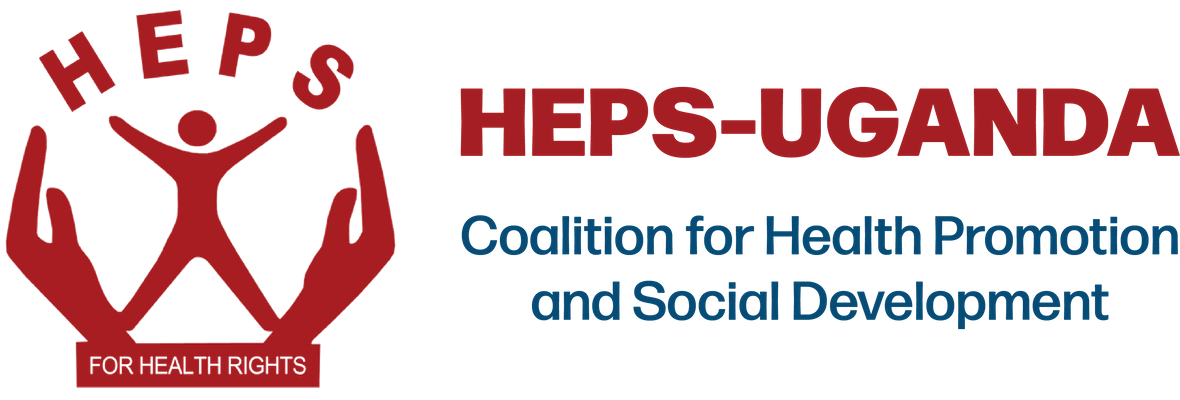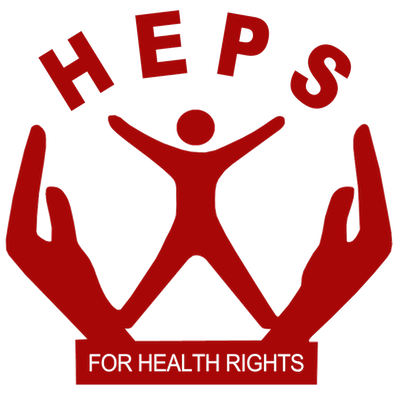Our Ministry of Health in Uganda is flagging off malaria vaccination as part of the package of routine immunization of childhood ailments starting April 2025 in a milestone intervention against Uganda’s single biggest cause of illness, hospitalization, and death. Unfortunately, this historical intervention is coming when the country’s health sector is in the midst of new funding challenges from the sudden interruption of foreign aid from the US Government. These challenges have escalated with reports that US funding cuts – or possibly complete funding withdrawal – could extend to GAVI, Uganda’s biggest immunization partner.
Civil society organizations (CSOs) and the citizenry have decried the chronic under-funding of health, reflected in the sorry state of health facilities, understanding, demotivated workforce, medicine stock-outs, and other health system weaknesses. The introduction of the new malaria vaccine into the routine childhood immunization program brings with it several new funding demands.
World Health Organization (WHO) indicates that the R21 malaria vaccine is projected to cost between $2 and $4 per dose, and given that a full vaccination course requires 4 doses, the full cost per child is between $8 and $16. The concern is that, while this cost is considered to be within the range of other child vaccines, it is coming in the middle of funding uncertainty and comes with additional funding demands on a financially stressed health sector and overwhelmed health system.
The R21/Matrix-M vaccine, developed by the UK’s University of Oxford and the Serum Institute of India, is a culmination of decades of research, is highly effective, and comes as a critical tool against malaria. Uganda, as one of the highest malaria-burden countries, should seize the opportunity, not only to save the lives of the children, who are the most vulnerable – along with pregnant women – but also to optimize health funding for health system strengthening and other priorities.
Antimalarials are the biggest expenditure in the budget expenditure vote for essential medicines, implying that strengthening prevention with an effective vaccine could go a long way in cutting – at least containing the expenditure on antimalarial medicines and reducing excessive consumption of antimalarials, which is leading to another emerging global health problem – drug resistance.
The country is at a critical point in the budget cycle, where Parliament is considering budget proposals and policy statements from Government ministries, departments, and agencies (MDAs) for the Financial Year 2025/26. Ministry of Health just flagged off the first consignment of the new malaria vaccine to malaria high-burden districts in March, with GAVI funding. The future of GAVI funding is uncertain.
Funding for malaria vaccination is not only needed for the vaccines but for the cost chain, which will need expansion, given the expanded need. Health workers will need to be orientated and communities sensitized wherever the vaccine is deployed. The health system will need to be enhanced, especially as the Ministry of Health moves to integrate service provision of HIV, TB, and Hepatitis services into general health care.
In initiating and rolling out malaria vaccination, we have an opportunity to deal with the country’s single largest health problem, especially in children. Let us seize this opportunity with decisive investments, and confront challenges and threats. Let us invest in the health system (including vaccine procurement), demand creation, and reaching vulnerable populations, such as children born by street children, the homeless, those in remote areas, and survivors of domestic violence.





